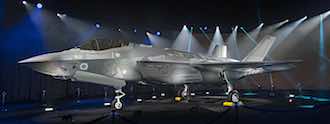Remaking Syria: A Military Update, the Diplomatic Situation, and the Israeli Angle
After more than six blood-soaked years, some half a million dead (mostly civilians), and millions of displaced people and refugees, there are signs that the military stage in the Syrian civil war is approaching an end. The war, which began as a civilian uprising, evolved into a war among jihadist organizations and then into a war among entities vying for regional dominance, bolstered by respective regional and international powers.- Monday, March 27, 2017

